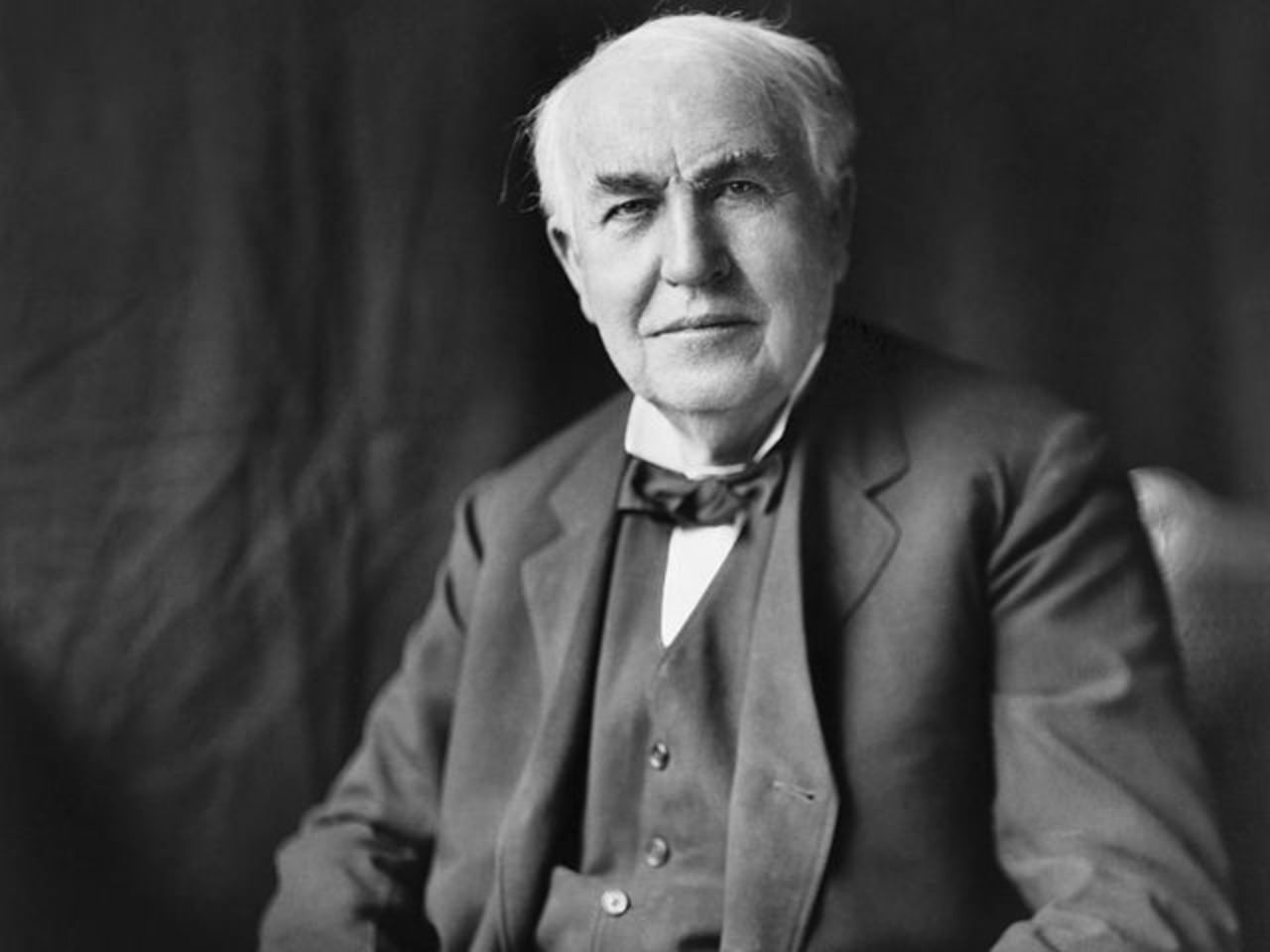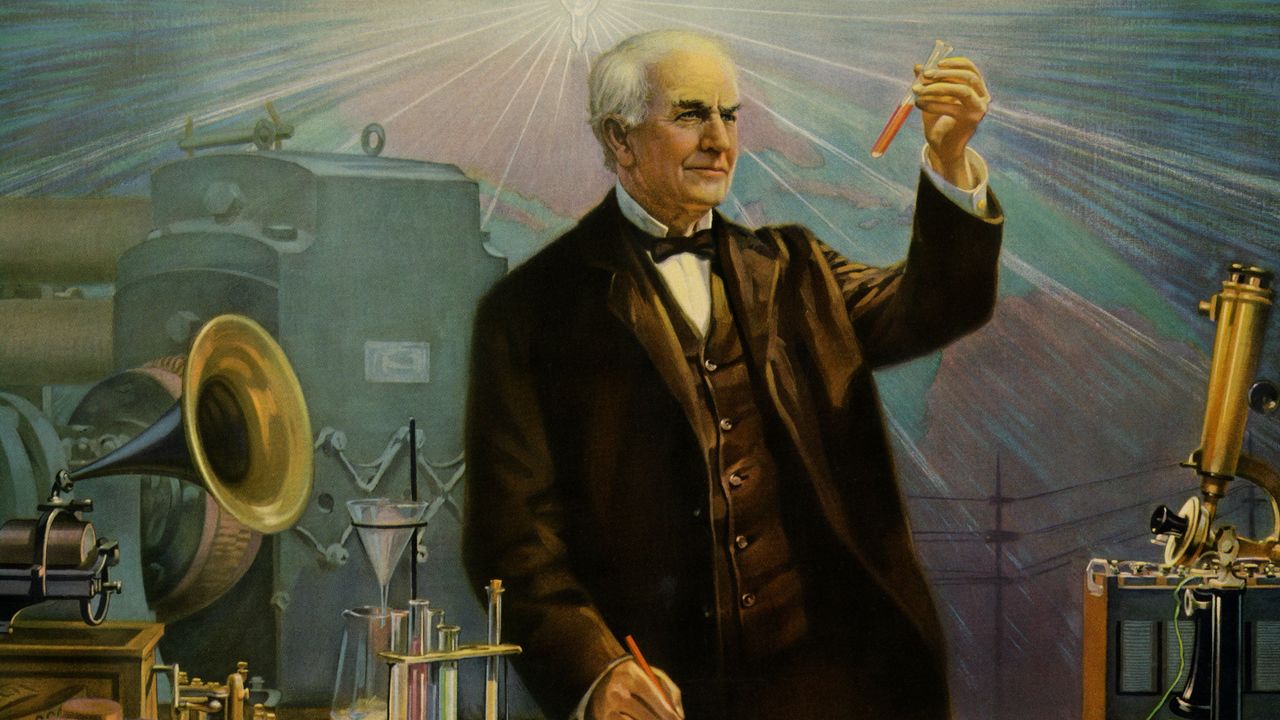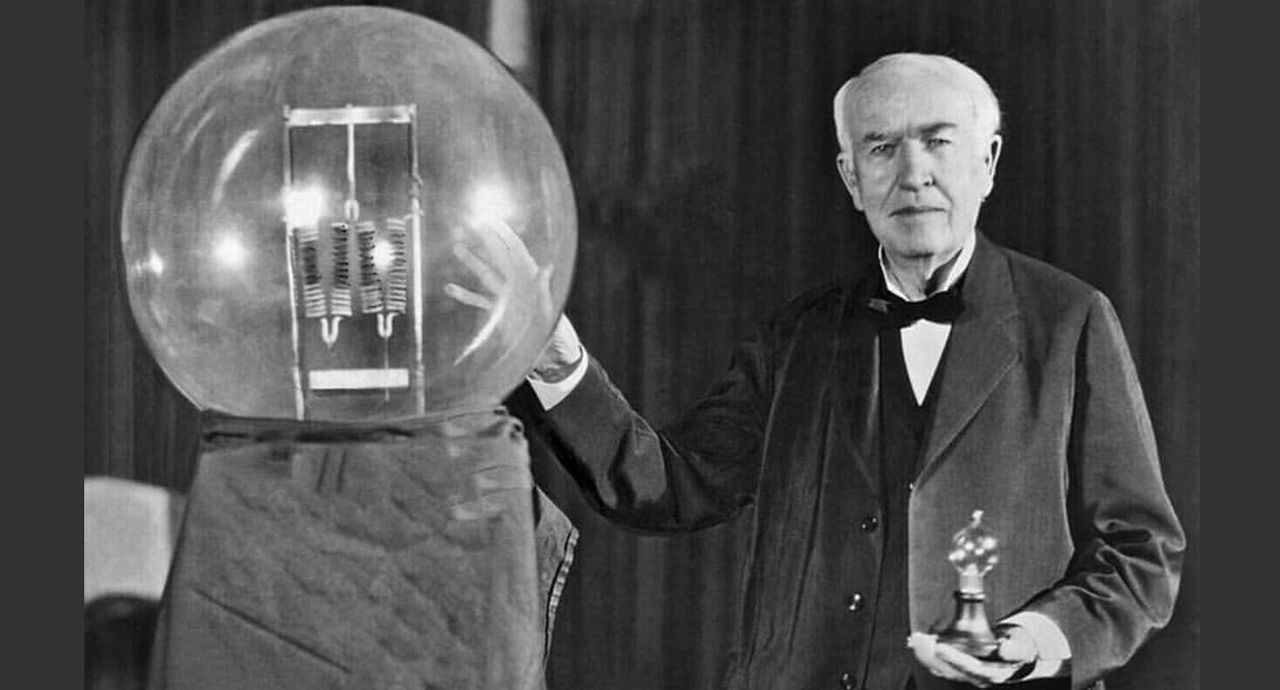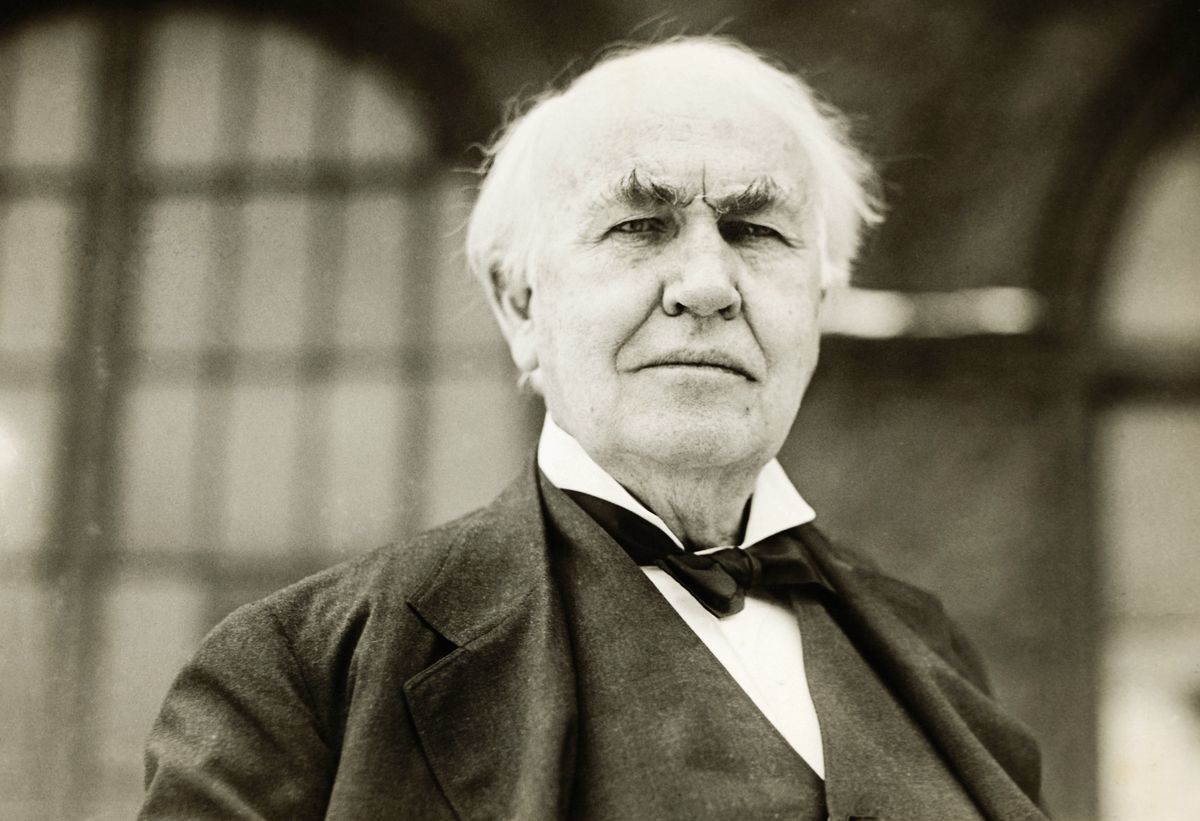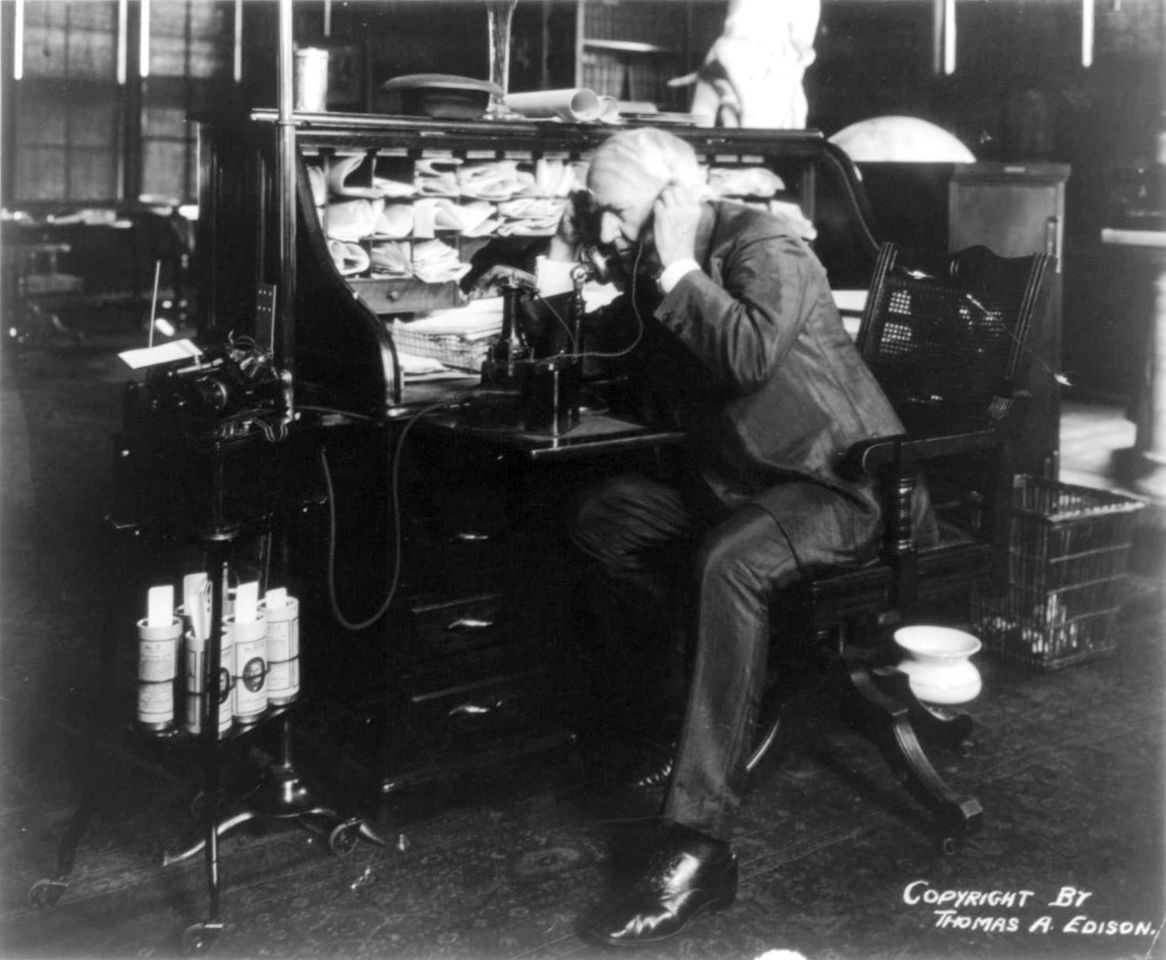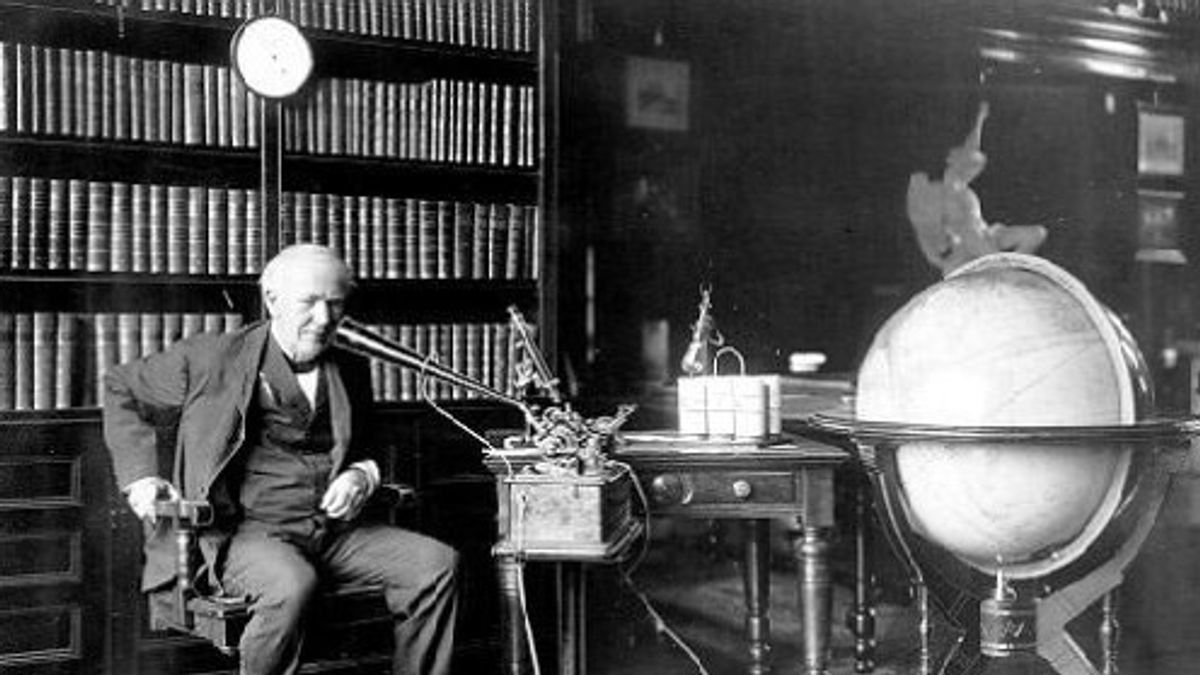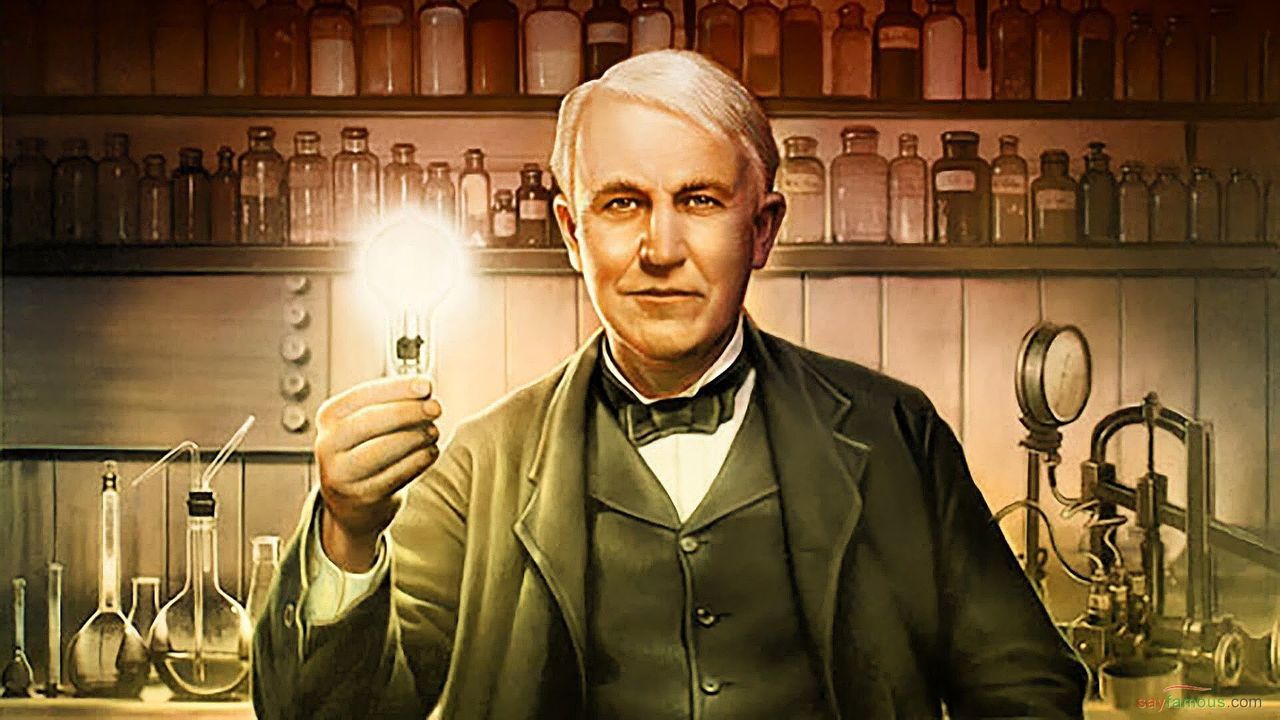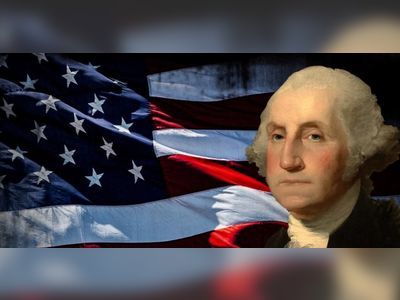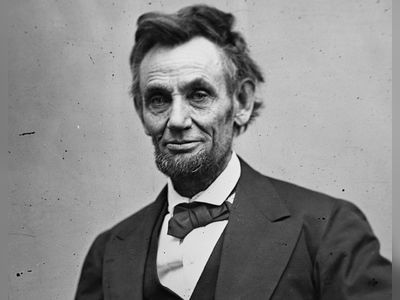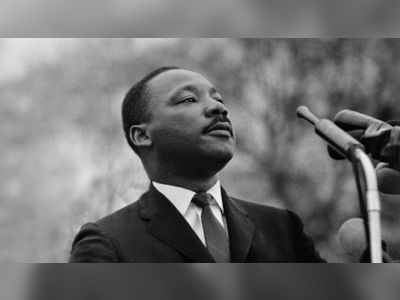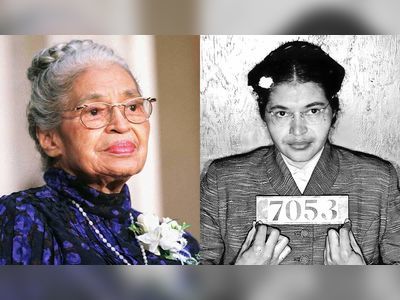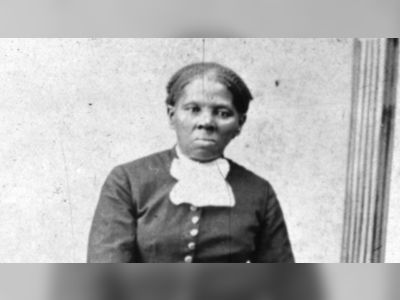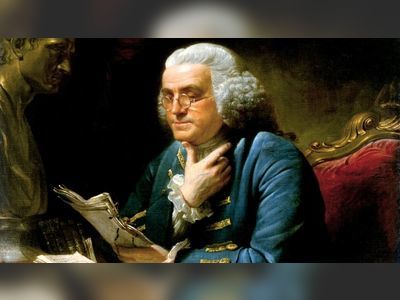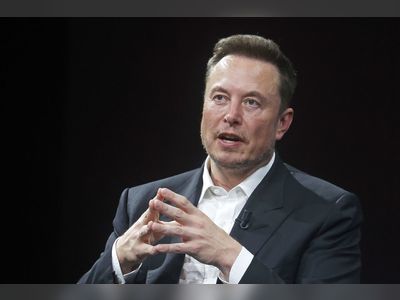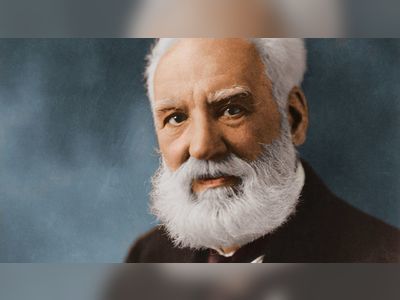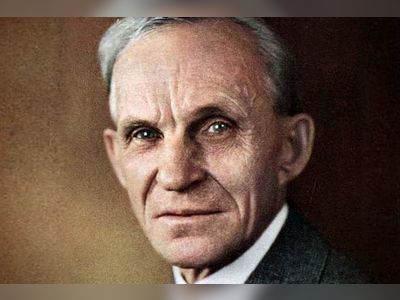American Talent
The Greatest That Made It Great
American ingenuity architects
A chronicle of brilliance
Thomas Alva Edison: the Man Who Invented the Light Bulb
Thomas Alva Edison's legacy exemplifies the way in which innovation may revolutionize society and improve daily living. His ground-breaking inventions and unconventional approach to research and development have had far-reaching consequences. The world as we know it would not exist without Edison's dogged determination to push limits and solve difficulties, as well as his gift for marketing. As so, he continues to serve as a striking emblem of American innovation and the boundless potential of the human imagination.
Thomas Alva Edison's name is always brought up in conversations about notable innovators. Edison, often hailed as the "Master of Invention," revolutionized the electrical industry and, by extension, modern life. His work is illustrative of American inventiveness, and his dedication to growth and invention is an inspiration even now.
